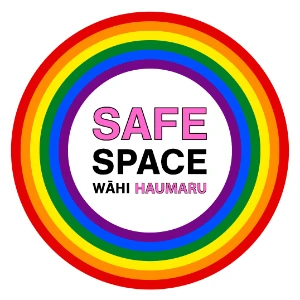"*" indicates required fields

The state care decision that rippled through four generations
From the Featherston girls’ home they were stuck in, Joyce Harris and her 14-year-old twin sister Toni planned an escape.
They followed the railway tracks, which led them to the Remutaka Tunnel. Built in 1955, the tunnel is almost 9km long. It remains the country’s longest.
“We walked through it and every so many feet there was a phone inside the tunnel and there was a little man cave every 70 feet,” Joyce, who is now 62, says.
“We counted. Like a little hollow cave.”
The tunnel was pitch-black and damp, and water from the ceiling dripped onto their faces. As they walked through, they kept picking up the phones, hoping to reach their family.
“We didn’t know they were emergency phones.”
“I just happened to look back and I just saw this big light. It was a train and we didn’t even hear it. And then we just ran for our lives.”
They managed to make it into one of the ‘manholes’, and the train whipped past.
“There was really strong wind.”
After escaping that near-death experience, they kept walking. But when they reached the end of the tunnel and walked out, there were police cars waiting to take them back to the girls’ home.
“They took us straight back. I was locked up in the attic for three days. Then Toni and Helen had to scrub the floors of the big hall with a toothbrush as punishment.”
But theirs is not a story of teenage misadventure.
The sisters are not from Featherston. They got to that girls’ home in the 1970s after having babies at a very young age. The state took their babies away, then moved the girls into institutions and foster homes.
It is also not a story that is contained to their own lifespans. Harris and her twin sister were subjected to repeated sexual abuse by their foster father. At age two, they were placed in his care. By the time they were seven, he had begun abusing them.
The impact of the abuse – enabled by the government that knowingly put them, as infants, in the hands of an abusive man – spiralled into what Harris’ son would describe as a “blanket of brokenness and sadness” across generations of the whānau.
When they were two, the twins’ birth mother had a mental breakdown. The state decided she was not fit to raise them, and they were put in the care of foster parents.
When he abused them, Joyce says their foster father would brainwash and manipulate them.



